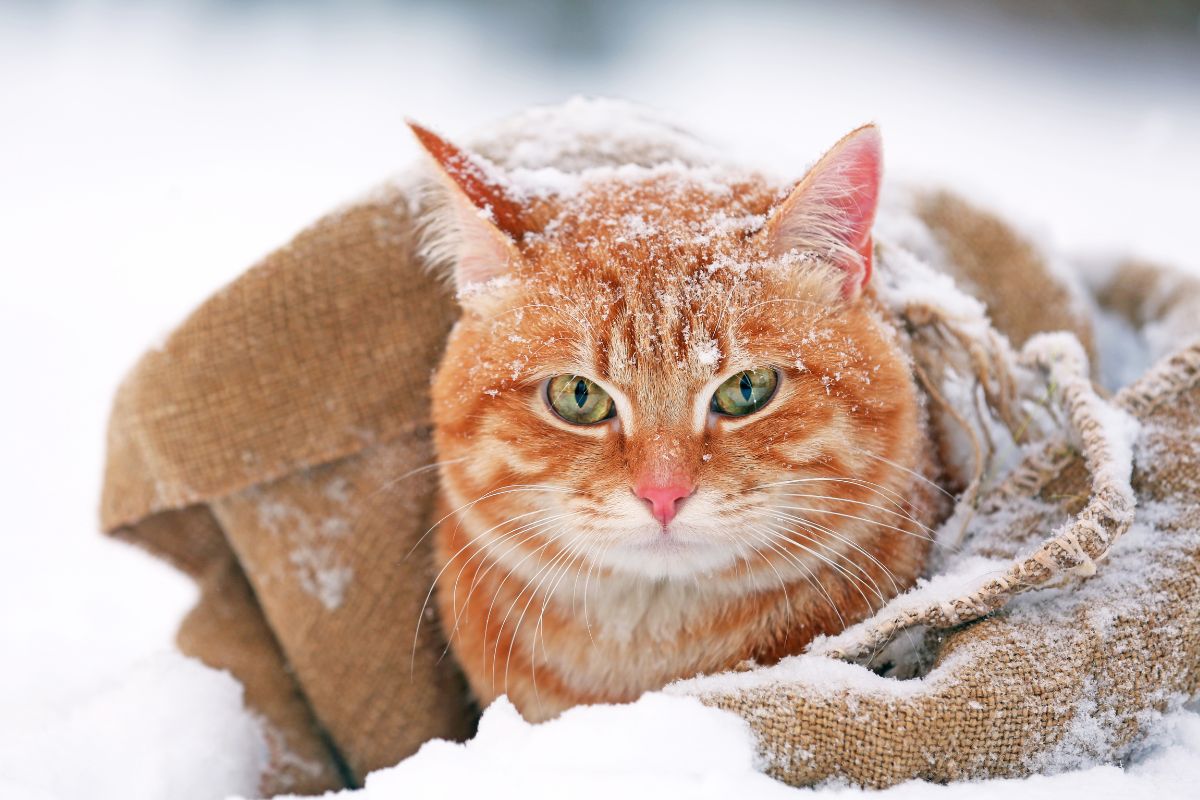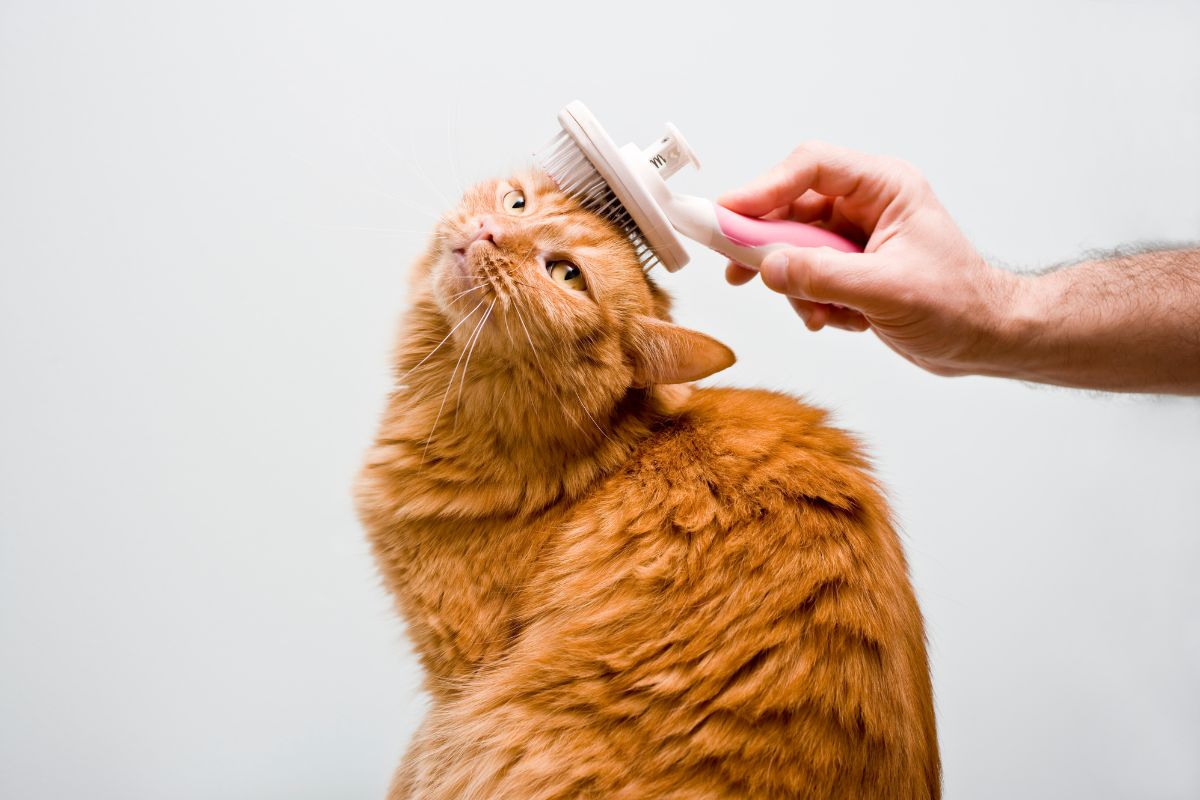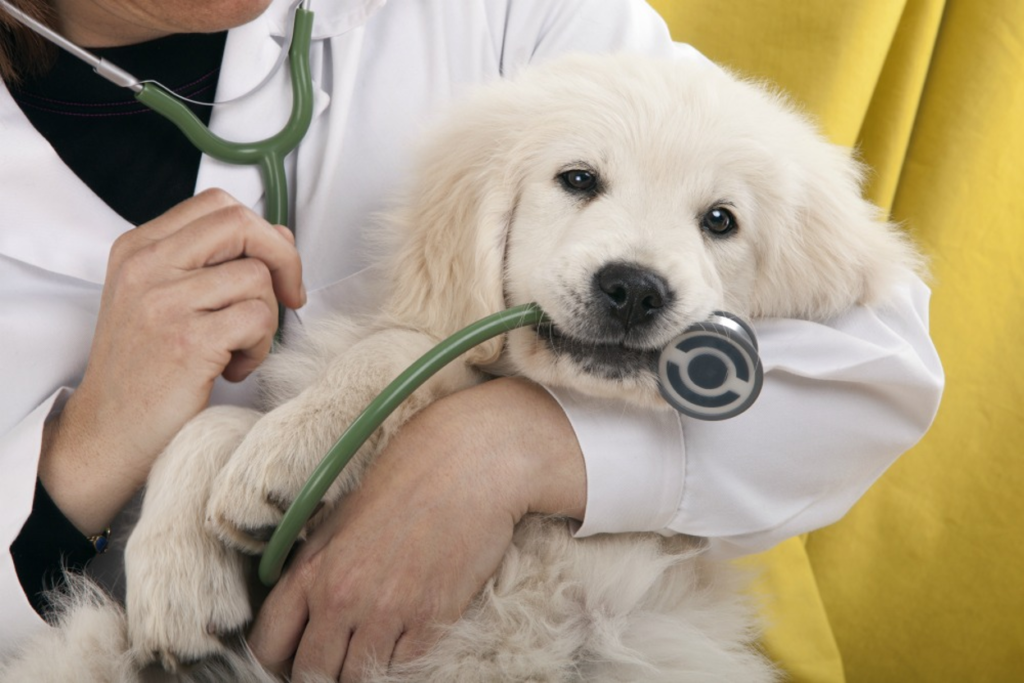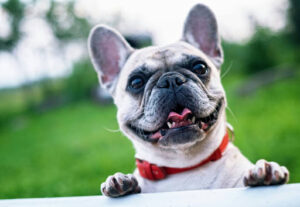As the crisp air heralds the arrival of winter across India, it’s time for pet parents to gear up and prioritize their furry companions’ well-being. The dropping temperatures bring a new set of challenges, especially for our beloved canine friends. Understanding and implementing winter care tips for your pets become paramount during this chilly season. India’s diverse climate poses unique challenges for dogs. From the frosty winters in the North to the milder yet chilly weather in the South, our furry friends feel the change in temperature just like we do. So let us now explore the best winter care tips for your pets you should follow this season.
Understanding the Impact of Cold Weather on Indian Pets
In India, where climate zones vary significantly, it’s vital to understand how different breeds respond to the cold:
- Adaptability of Certain Breeds: While breeds like Huskies, Malamutes, or Tibetan Mastiffs are more acclimatized to colder temperatures, their comfort levels can still vary based on the region within India. Even in the North, where winters are harsher, these breeds may need additional warmth during extreme cold snaps.
- Challenges for Short-Haired Breeds or Those with Minimal Body Fat: Dogs with short coats or lean body structures, such as Dachshunds, Dobermans, or Greyhounds, might struggle to retain body heat. This sensitivity could manifest more prominently in areas of India where temperatures drop significantly during winter.
Health Considerations in Indian Dogs During Winter
- Arthritis and Joint Issues in Cold Weather: The cold can intensify joint stiffness and discomfort, particularly in older dogs already struggling with arthritis. Indian pet parents need to pay special attention to their senior furry companions during the colder months.
- Susceptibility of Puppies and Seniors to Temperature Changes: Puppies and older dogs have less developed regulatory systems, making them more vulnerable to fluctuations in temperature. As such, their exposure to the cold should be closely monitored, and extra care should be taken to keep them warm and comfortable.
Understanding these breed-specific and health-related nuances helps Indian pet parents tailor their approach to winter care for their dogs. Incorporating winter care tips for your pets becomes not just a seasonal routine but a personalized and attentive form of pet parenting.
Ensuring Indoors Comfort for Your Dog
1. Understanding Bedding Choices
Opt for bedding materials that offer insulation against cold floors. Beds with memory foam or thermal insulating properties can keep your dog warm. Elevated beds also ensure better air circulation and help avoid drafts, especially in regions with cooler temperatures.
2. Strategic Bed Placement
Placing the bed away from doors, windows, or direct sources of cold drafts is crucial. This ensures your dog’s sleeping area remains cozy and shielded from chilly airflows.
3. Importance of Exercise
Maintaining your dog’s physical activity level during winter is vital. Engaging in interactive play, such as tug-of-war, hide-and-seek, or indoor fetch, not only keeps them warm but also stimulates their minds, preventing boredom.
Also read: Benefits of regular exercise for pets
4. Mental Stimulation
Incorporating puzzle toys or treat-dispensing gadgets during playtime challenges your dog mentally, providing both entertainment and mental exercise.
5. Balancing Warmth and Overheating
While it’s essential to keep indoor spaces warm, avoiding overheating is equally crucial. Set the thermostat to a comfortable temperature, ensuring your dog feels snug without getting too warm.
6. Observing Your Dog’s Comfort Levels
Dogs may exhibit signs of overheating, such as excessive panting or seeking cooler areas. Being mindful of these cues helps maintain a comfortable indoor environment without risking overheating.
Creating a cozy indoor haven ensures your dog feels secure, warm, and content during the colder months. These winter care tips for your pets not only address their physical warmth but also cater to their mental and emotional well-being.
Taking Outdoor Precautions
7. Appropriate Clothing Choices
For dogs with shorter coats or those belonging to smaller breeds, a doggie jacket or sweater can be immensely beneficial. These clothing items provide an extra layer of insulation, shielding them from the cold and minimizing heat loss.
8. Consideration for Specific Conditions
In regions experiencing colder climates, even dogs with longer coats might benefit from outerwear during extreme cold spells or windy conditions.
9. Understanding Optimal Outdoor Time
While exercise is crucial, it’s essential to manage the duration of outdoor activities, especially during frosty mornings or late evenings. These times typically exhibit the lowest temperatures, increasing the risk of discomfort or health issues for your dog.
10. Balancing Exercise and Safety
Shortening walks or outdoor playtime during colder periods helps prevent overexposure to chilly conditions. Indoor activities can serve as excellent alternatives to maintain their physical health without subjecting them to extreme cold.
11. Benefits of Dog Booties
Booties not only provide traction on icy surfaces but also safeguard your dog’s paws from potential injuries due to ice or chemicals used to de-ice sidewalks. Furthermore, they prevent salt or de-icing agents from sticking to their paws, which can be harmful if ingested.
12. Gradual Introduction to Booties
Introducing your dog to booties gradually can help them acclimate to wearing them, ensuring they’re comfortable and willing to keep them on during outdoor walks.
By integrating these winter care tips for your pets into your outdoor routines, you create a safer and more enjoyable experience for your furry companion. Prioritizing their safety and well-being during outdoor activities ensures that they remain healthy and happy throughout the winter season.
Prioritizing Grooming for Your Pet’s Comfort
13. Enhancing Circulation and Insulation
Beyond aesthetics, regular brushing during winter is one of the crucial winter care tips for your pets. It not only removes loose hair and prevents mats but also stimulates blood circulation, aiding in keeping your dog warm naturally.
14. Selecting the Right Brush
Depending on your dog’s coat type, choosing the appropriate brush is essential. For breeds with longer coats, a slicker brush helps remove tangles and mats, while a bristle brush suits shorter coats, promoting shine and skin health.
15. Preventing Ice and Snow Accumulation
Trimming the hair between your dog’s paw pads helps prevent ice, snow, or debris from getting lodged in their paws during winter walks. This not only ensures their comfort but also reduces the risk of discomfort or potential injuries.
16. Careful Trimming Practices
Using rounded-edge scissors or clippers, trim the excess hair gently to maintain a comfortable length. Paying attention to this detail contributes significantly to your dog’s ease of movement and prevents irritation caused by snow buildup.
Regular grooming isn’t just about appearances; it’s a fundamental part of maintaining your dog’s comfort and health, especially during the winter months. By incorporating these winter care tips for your pets into your grooming routine, you contribute to their overall well-being and ensure a cozy and contented furry friend.
Prioritizing Nutrition and Hydration for Your Pet’s Health
17. Adapting Food Intake to Activity Levels
During winter, your dog’s activity levels might change due to colder weather, potentially affecting their energy expenditure. Adjusting their food intake accordingly ensures they receive the right amount of nutrition without overfeeding or underfeeding.
18. Consultation with a Vet
Consulting a veterinarian for tailored dietary recommendations during winter is invaluable. They can provide insights into specific nutritional needs based on your dog’s breed, age, health conditions, and the climate in your region.
19. Preventing Dehydration
Despite the cooler temperatures, staying hydrated is crucial for your dog’s health. Ensure they have constant access to fresh, unfrozen water. Monitor water bowls regularly, especially in colder environments where water might freeze faster.
20. Hydration and Dry Air
Indoor heating during winter can lead to drier air, potentially increasing your dog’s water needs. Ensuring ample water intake aids in digestion, maintains body temperature, and supports overall health.
Balanced nutrition and proper hydration are foundational aspects of your dog’s overall health and comfort, especially during the winter months. By incorporating these winter care tips for your pets into their daily routine, you promote their well-being and help them thrive even in colder climates.
Health Check-ups for Your Pet’s Well-being
21. Monitoring Health Changes
Regular veterinary check-ups play a pivotal role in tracking your dog’s overall health, especially during winter. This includes assessing any changes in mobility, signs of joint pain, or skin issues exacerbated by colder weather conditions.
22. Preventive Care
These check-ups are not only reactive but also proactive. They allow vets to identify potential health concerns early, enabling timely intervention and preventing issues from escalating.
Final Thoughts
By implementing these winter care tips for your pets, you can ensure a comfortable and enjoyable season for your furry companion. Remember, each dog is unique, so observe their behavior and comfort levels closely to provide tailored care.
Winter is a beautiful time to bond with your dog, snuggled up indoors or enjoying brisk walks together. Keep in mind that your love and attention contribute significantly to their happiness during these colder months.
Winter care tips for your pets should be integrated seamlessly into your routine, ensuring that your dog feels cherished, warm, and protected throughout the winter season.
Stay warm, stay safe, and cherish the delightful moments with your furry friend this winter!












